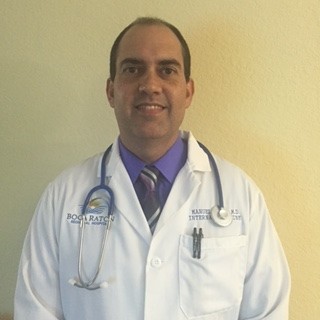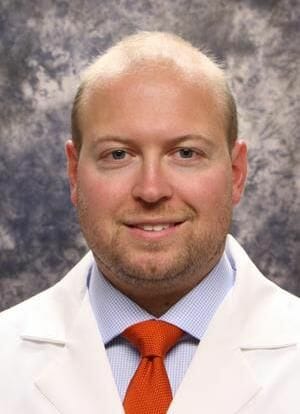Navigating the road to recovery after surgery can be a daunting journey, laden with questions and uncertainties. In this article, Dr Manuel Abreu will demystify the post-operation recovery process and equip you with valuable insights that can help ensure a smooth recuperation.
Pain Management
Dr Manuel Abreu Pain after surgery is common and quite expected. To manage it effectively, your healthcare team will provide you with appropriate pain relief medications. Don’t hesitate to communicate your level of pain consistently to help them tailor a pain management plan that best suits you.
Physical Therapy and Rehabilitation
Depending on the nature of your surgery, a course of physical therapy or rehabilitation may be necessary to enhance recovery, improve mobility, and help you slowly regain your strength. This could range from mild stretching exercises to more intensive rehabilitation programs.
Follow-up Appointments
Post-operative care often includes follow-up appointments with your surgeon or healthcare provider to monitor your progress, adjust any medications, remove stitches, and address concerns, if any. Treat these appointments as a priority—they are essential checkpoints on your road to recovery.
Response to Symptoms
During your recovery period, it’s crucial to be vigilant about potential signs of infection or complications such as prolonged pain, high fever, wound redness, or difficulty breathing. Promptly reporting these symptoms to your healthcare provider can prevent serious issues down the line.
Adequate Rest and Nutrition
Rest is crucial in the healing process. Your body works diligently to repair and rebuild itself after surgery. Complement this healing process by maintaining a balanced diet rich in proteins, fiber, and hydration to provide your body with the necessary nutrients.
Emotional Well-being
The surgery recovery process is not just physical—it’s psychological too. Feelings of anxiety, frustration, or depression are common during recovery. Support from friends, family, or professional counselors can help navigate these emotional upheavals.
Gradual Resumption of Activities
Lastly, Dr Manuel Abreu resuming normal activities will take some time. Your healthcare provider will guide you on when it’s safe to go back to work, drive, or participate in physical activities. Having patience with yourself and your body during this time is key.



